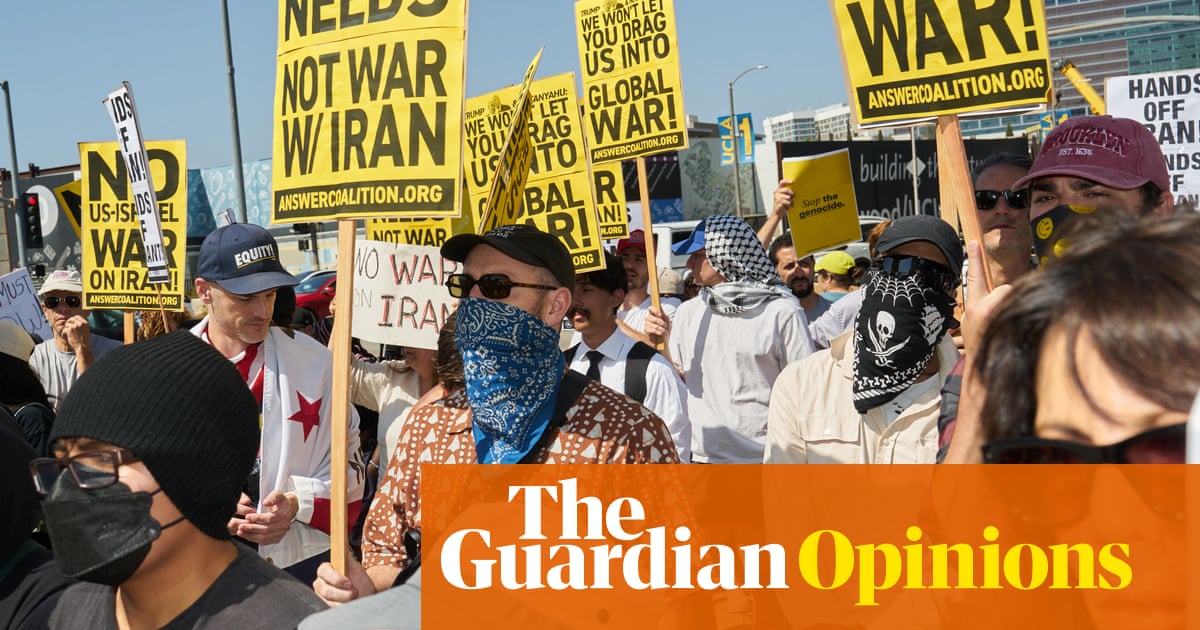Strategic Missteps: The Futility of Military Force in Reshaping the Middle East

In the complex geopolitical landscape of the Middle East, the strategies of U.S. President Donald Trump and Israeli Prime Minister Benjamin Netanyahu have often been characterized by a reliance on military might. Their approach, which seemingly equates force with influence, has consistently aimed at reshaping the region's dynamics, particularly in relation to Iran. However, history and recent developments underscore the inherent limitations of such strategies.
Trump and Netanyahu's tenure was marked by a series of aggressive policies, including the withdrawal from the Iran nuclear deal and the endorsement of military actions. These moves were intended to curb Iran's influence and assert dominance. Yet, these strategies have frequently backfired, leading to heightened tensions and instability. The reliance on bombs and sanctions, rather than diplomacy, has often exacerbated the very issues they sought to resolve.
Iran, a pivotal player in the Middle East, has demonstrated resilience in the face of these pressures. Its ability to withstand economic sanctions and military threats has not only highlighted the limitations of Trump and Netanyahu's approach but also underscored the need for more nuanced strategies. Iran's strategic patience and regional alliances have allowed it to maintain a significant influence, challenging the notion that military force alone can dictate regional outcomes.
The implications of this dynamic are profound. The Middle East remains a region where power is not solely determined by military strength. The failure to recognize this complexity can lead to policies that are not only ineffective but also counterproductive. The Trump-Netanyahu era serves as a cautionary tale of how over-reliance on force can undermine long-term strategic goals.
As the global community continues to grapple with Middle Eastern politics, the lessons from this period are clear. Sustainable peace and stability require a departure from bomb-centric strategies towards more comprehensive and diplomatic approaches. The enduring influence of Iran, despite concerted efforts to diminish it, is a testament to the need for strategies that embrace dialogue and mutual understanding over coercion.
🔮 Fortellr Predicts
Confidence: 85%
The current situation in the Middle East is emblematic of the complexities inherent in using military force as a tool for political engineering. The recent ceasefire agreement between Israel and Iran, though a sign of temporary de-escalation, is fraught with tension due to the underlying strategic and ideological divides. Historical patterns suggest that without substantial diplomatic engagements and confidence-building measures, such agreements tend to be short-lived. The involvement of Arab states, acting as mediators, underscores the shifting alliances in the region and highlights the emergent geopolitical balancing act aimed at containing broader conflict, particularly as these states seek to avoid a larger regional war that could destabilize their own regimes. Meanwhile, the discourse around nuclear proliferation and increased military spending reflects a global trend towards heightened militarization, suggesting a parallel precariousness on a global scale. As nations like China and Russia ramp up defense budgets, the Middle East may become a theater of indirect confrontation between major global powers through proxy engagements, further complicating efforts towards a lasting resolution. Internally, the Iranian regime is contending with political factionalism that challenges its ability to present a unified front, a factor that could lead to policy incoherence and reactive military posturing. This complexity necessitates a nuanced understanding of the interplay between international diplomacy, military capabilities, and internal politics within the Middle East.